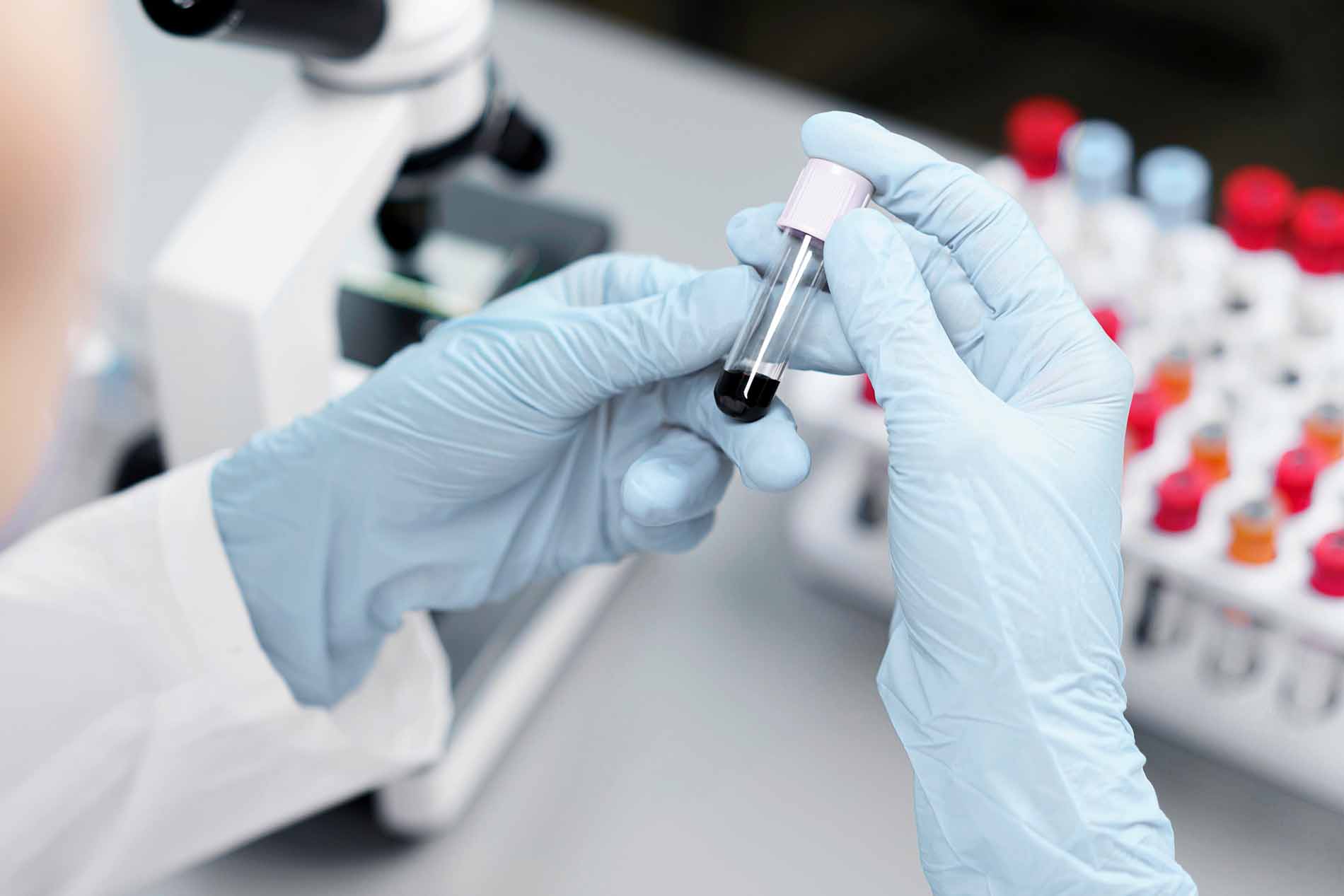What tests should you consider if you are experiencing hair loss?
Hair loss can have many causes, so it’s worthwhile to conduct various tests to identify the potential source of the problem. Below is a list of tests to consider:
- Complete Blood Count (CBC): Helps assess overall health and rule out anemia, which can be a cause of hair loss.
- Iron and Ferritin Levels: Low iron levels in the body can lead to weak and brittle hair, resulting in hair loss.
- Vitamin D Level: A deficiency in vitamin D can also affect hair condition.
- B Vitamin Levels, especially B12 and Folic Acid: Deficiencies in these vitamins can impact hair health.
- Thyroid Hormone Tests (TSH, fT3, fT4): Thyroid dysfunction, both hypo- and hyperthyroidism, can cause hair loss.
- Antinuclear Antibody Test (ANA): Helps identify if hair loss has an autoimmune basis, such as alopecia areata.
- Testosterone, Dihydrotestosterone (DHT), and Dehydroepiandrosterone (DHEA) Levels: Can help identify the cause of androgenic alopecia.
- Lipid Profile: Elevated cholesterol and triglyceride levels can affect scalp circulation and thereby hair growth.
It is advisable to consult with a family doctor, dermatologist, or trichologist to determine which tests are most appropriate in your case. The doctor might also suggest additional tests depending on individual symptoms and medical history.

Additional tests performed by specialists often include trichoscopy.
This is a non-invasive examination that allows for the assessment of the scalp’s condition and the hair’s structure. Trichoscopy can identify issues such as androgenic alopecia, alopecia areata, seborrheic dermatitis, or telogen effluvium.
Scalp Biopsy: In some cases, a doctor might suggest a scalp biopsy to gain more insight into the cause of hair loss. This test allows for the microscopic examination of tissues, which can help in diagnosing conditions like scarring alopecia.
Hair Mineral Analysis: This test assesses the levels of minerals such as zinc, copper, and selenium that can impact hair health. Deficiencies in these minerals can lead to weak and brittle hair.
Allergy and Food Intolerance Tests: If there’s a suspicion of a link between hair loss and allergic reactions or food intolerances, a doctor might order appropriate tests such as IgE antibody presence or food challenge tests.
Cortisol Level Test: Stress can affect hair loss, and one indicator of stress is the level of cortisol in the blood. If you suspect that your hair loss may be stress-related, it could be worthwhile to check your cortisol levels.
Sex Hormone Levels Test (FSH, LH, Estrogens, Progesterone): Hormonal imbalances can affect hair condition, so it’s beneficial to check these hormone levels, especially in women.
Immune System Examination: If there are suspicions about a link between hair loss and immune system disorders, the doctor may suggest additional tests, such as antibodies against the thyroid, liver, or connective tissue.
Remember, each case of hair loss is unique, so it’s important to consult with a doctor to get personalized recommendations for tests. Treatment for hair loss depends on the identified cause and may include dietary changes, supplementation, pharmacological treatment, or topical therapies.




